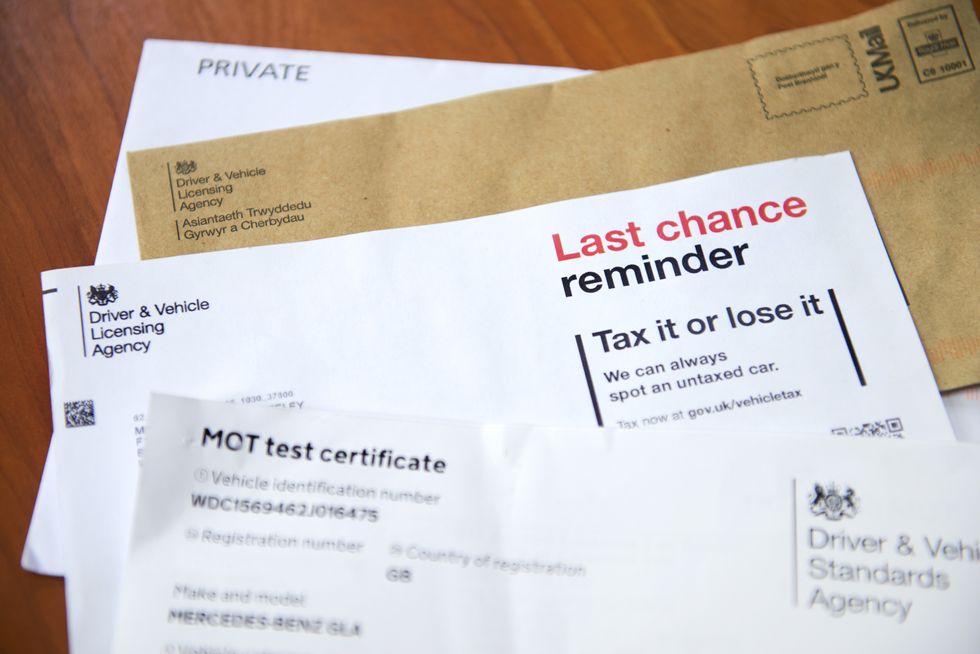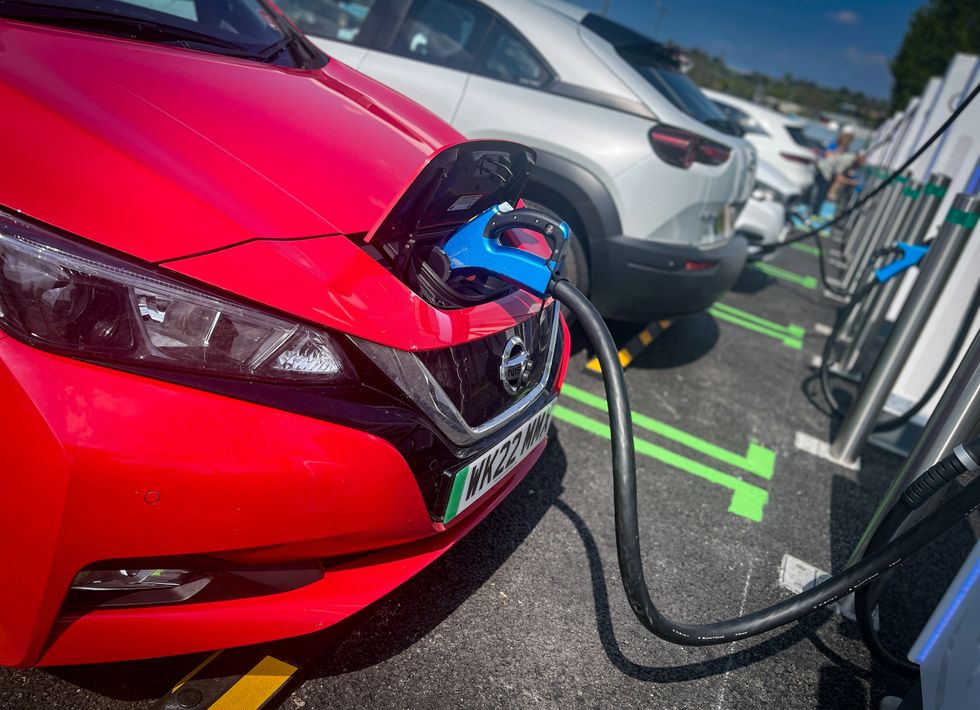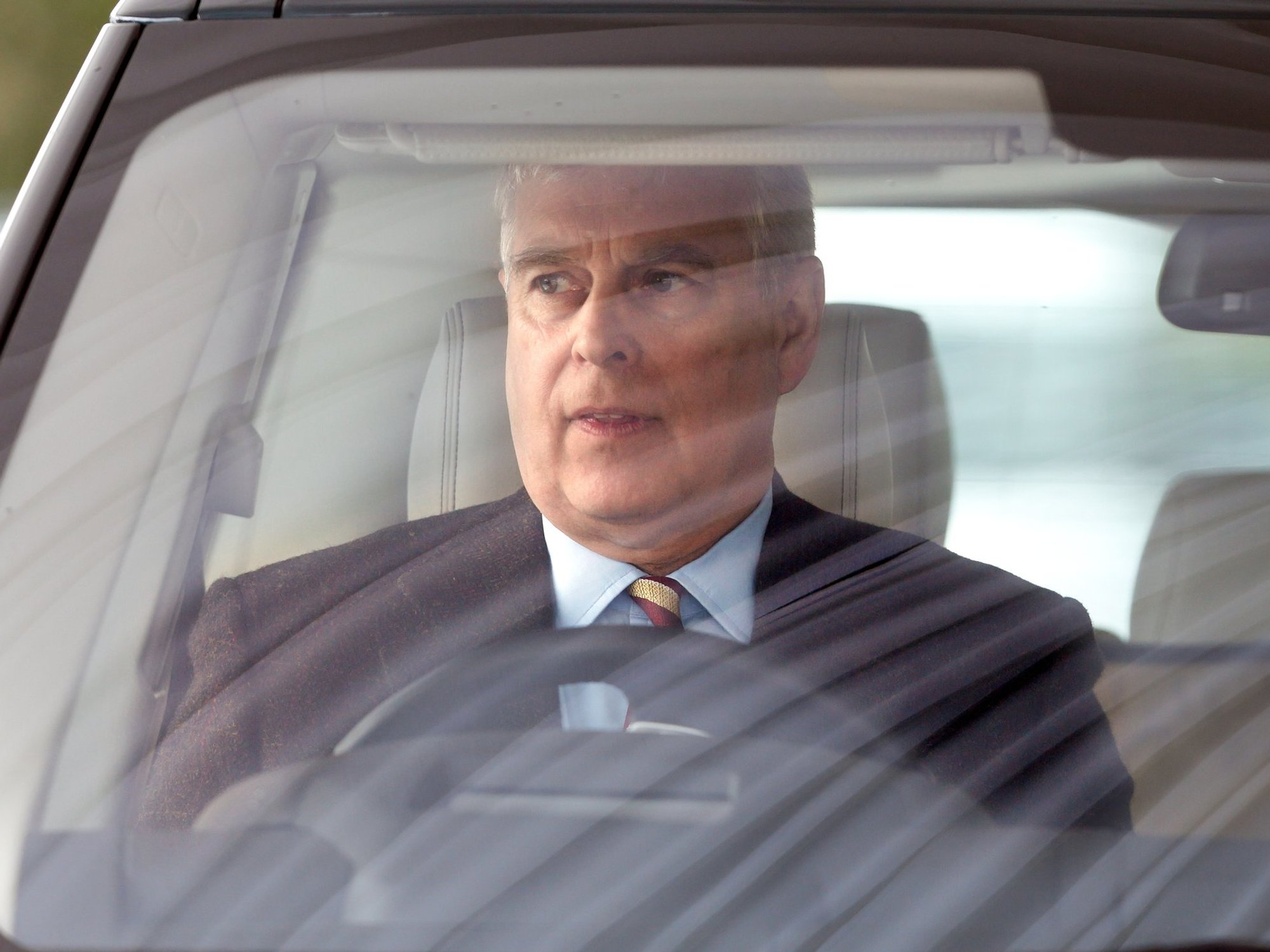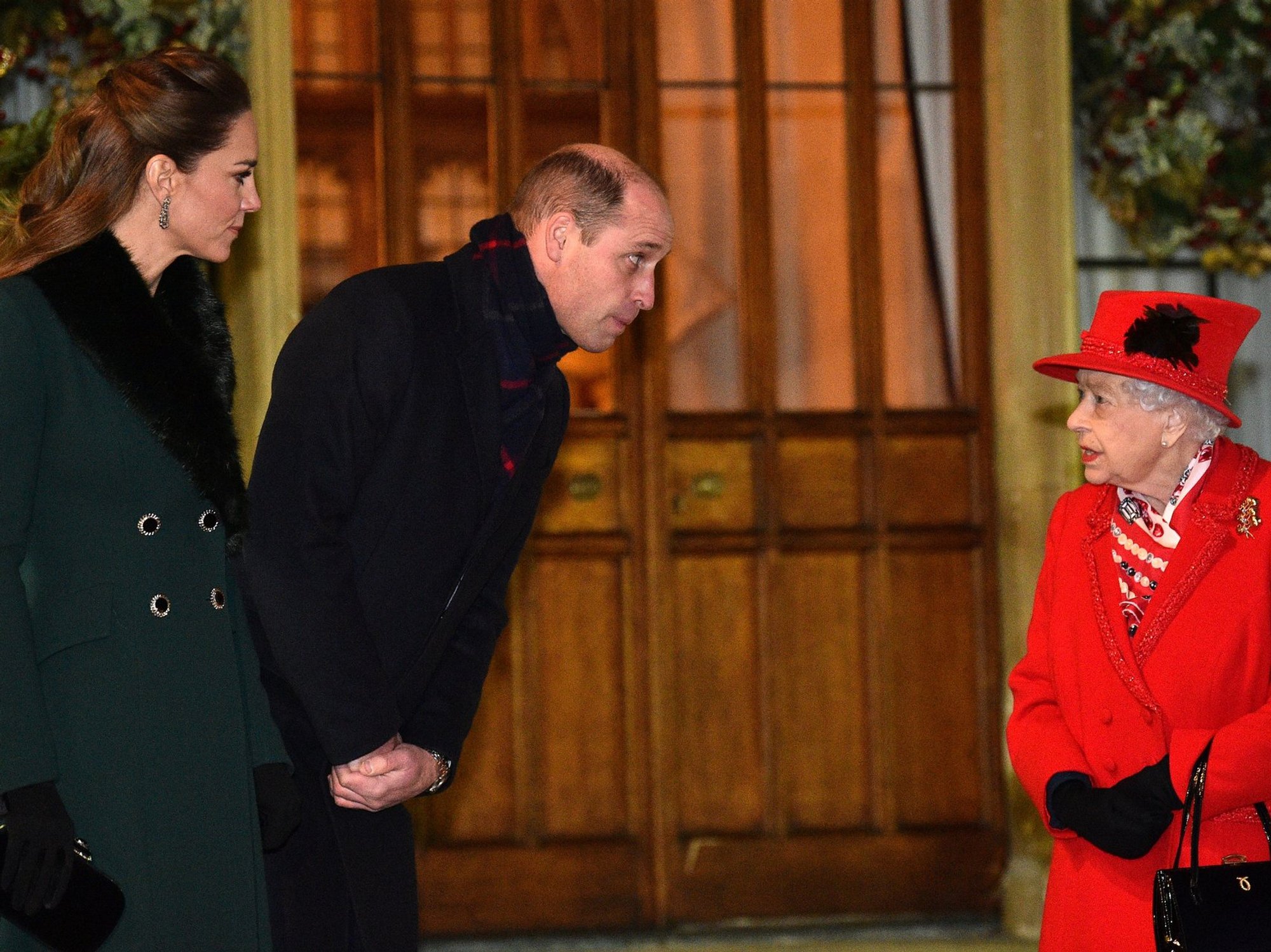DVLA issues urgent notice for incoming car tax changes that will see drivers pay an extra £600 a year

The new car tax changes are designed to create a 'fairer system of taxation' for all drivers
Don't Miss
Most Read
More than one million drivers across the UK will see major car tax changes being introduced in the coming months in a massive update to make taxes "fairer".
From April 2025, electric car owners will be required to start paying Vehicle Excise Duty (VED) in the same way as petrol and diesel drivers.
This was confirmed by then-Chancellor Jeremy Hunt who announced in the 2022 Autumn Statement that the tax system should "continue to adapt to reflect consumer behaviour".
As a result, the Government said electric cars, vans and motorcycles would begin paying Vehicle Excise Duty, with Hunt noting that it would "ensure all motorists begin to pay a fairer tax contribution".
Do you have a story you'd like to share? Get in touch by emailing motoring@gbnews.uk

The DVLA has started sending letters out to motorists who could see car tax changes soon
| GETTYWith the new financial year starting in April, the Driver and Vehicle Licensing Agency has started to contact registered owners of electric cars, vans and motorcycles.
The letters, which have been posted on social media, clarify that the vehicle tax change will apply to all new and existing electric vehicles.
It clarifies that drivers do not need to act "now", but does notify EV owners that the new car tax changes will begin on or after April 1, 2025.
The letter continues, saying: "When the time comes to tax your electric vehicle, your vehicle tax will be calculated automatically, and you'll receive a reminder."
Electric car owners who are taxing their vehicles for the first time will be able to tax them online, by phone or at a Post Office branch.
The letters contain a link to the Government website which contains further guidance for motorists on how their vehicles will be taxed.
Any electric vehicles and low emission cars registered on or after April 1, 2025, will need to pay the lowest first-year rate of vehicle tax which applies to vehicles with CO2 emissions of between one and 50g/km.
From the second tax payment onwards, the vehicles will pay the standard rate which is currently £190, although is subject to change for 2025.
Any EVs and low emission cars registered between April 1, 2017, and March 31, 2025, will attract the standard rate which is also £190.
People with electric and low emission cars registered between March 1, 2001, and March 31, 2017, will move to the first band that has a VED value, which is £20.
Most electric vans will move to the standard annual rate for light goods vehicles, while electric motorcycles and tricycles will move to the annual rate for the smallest engine size.
New electric vehicles with a list price exceeding £40,000 will require drivers to pay the Expensive Car Supplement from the second tax payment onwards.
LATEST DEVELOPMENTS:

More expensive electric vehicles could end up paying hundreds of pounds extra per year
| GETTYThis will apply to vehicles registered on or after April 1, 2025, with the current ECS costing motorists £410 annually for five years.
With the new taxes starting in April 2025, drivers of new expensive electric vehicles will see themselves pay a combined £600.
This could still increase as the Government clarifies that prices could rise, as they normally do in line with inflation before the April deadline.










